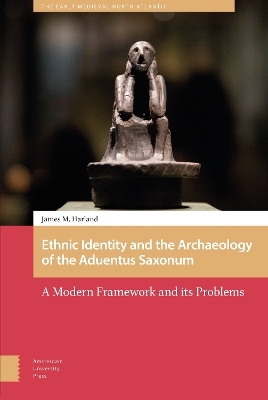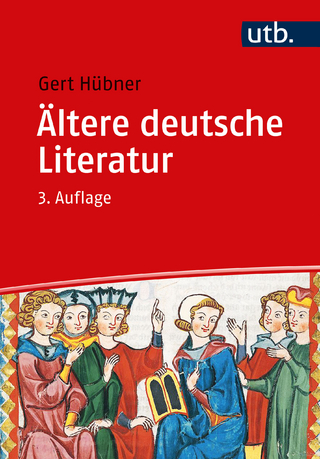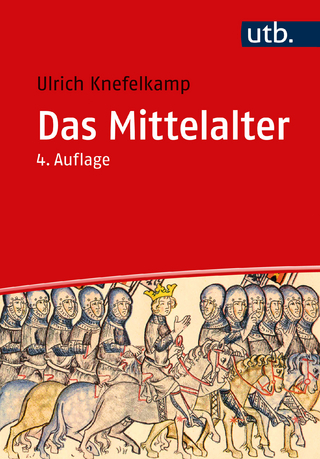
Ethnic Identity and the Archaeology of the aduentus Saxonum
Amsterdam University Press (Verlag)
978-94-6372-931-4 (ISBN)
This book challenges the ethnic paradigm. As the first historiographical study of approaches to ethnic identity in modern 'Anglo-Saxon' archaeology, it reveals these approaches to be incompatible with current scholarly understandings of ethnicity. Drawing upon post-structuralist approaches to self and community, it highlights the empirical difficulties the archaeology of ethnicity in early medieval Britain faces, and proposes steps toward an alternative understanding of the role played by the communities of lowland Britain – both migrants from across the North Sea and those already present – in transforming the Roman world.
James M. Harland works on the history and archaeology of the late Roman Empire and its early medieval successor states. After receiving his PhD in History from the University of York, he took up a postdoctoral fellowship at the University of Tübingen. He is currently a Research Fellow at the University of Bonn.
List of Tables and Figures
Acknowledgements
1 Introduction
Historical Approaches to the aduentus Saxonum
A Note on Terminology
The Structure of the Book
A Note on Contemporary Political Resonances
2 Ethnicity and Archaeology
Ethnicity: General Conception and Theorisation
Ethnic Theorisation and Archaeology
Ethnicity in Anglo-Saxon Archaeology
The Freiburg School
3 Empiricism and Metaphysics
Differential Ontology
Derridean Deconstruction
Deleuze, Guattari, and the Rhizome
Applying Differential Ontology
Earlier Applications of Differential Ontology to Archaeological Interpretation
Some Final Methodological Principles
Selecting and Approaching the Case Studies
4 Deconstructing Anglo-Saxon Archaeology
Introduction
John Hines and Culture History
Catherine Hills: The Migration Debate
Sam Lucy: ‘Deconstructing’ Ethnicity?
Howard Williams: Remembering ‘Germans’ and ‘Ancestors’?
James Gerrard: Ethnicities or ‘Ideologies’?
Toby Martin: The Cruciform Brooch and ‘Anglian’ Identity
Conclusion
5 The Material Evidence Reconsidered
Critical Issues
A Summary of the Present Evidence Base and Problems with Its Use
‘Germanic’ Artwork? The Saxon Relief Style and Salin’s Style I
Searching for Ethnicity in ‘Folk’ Costume and Weapon Burials
Non-Empirical Uses of Data in Action
Conclusion
6 Building an Alternative
The Case Studies
Wider Implications from the Case Studies
The End of Roman Rule in Britain and the Transformation of the Roman World
‘Re-use’ of Roman Material
Conclusion
7 New Approaches and Final Reflections
New Approaches to Communal Organisation
Avenues for Further Research
Appendix: Spong Hill Data
Bibliography
Index
| Erscheinungsdatum | 18.10.2021 |
|---|---|
| Reihe/Serie | The Early Medieval North Atlantic |
| Zusatzinfo | 11 Illustrations, black and white |
| Verlagsort | Amsterdam |
| Sprache | englisch |
| Maße | 156 x 234 mm |
| Themenwelt | Geisteswissenschaften ► Archäologie |
| Geschichte ► Allgemeine Geschichte ► Mittelalter | |
| Geisteswissenschaften ► Geschichte ► Regional- / Ländergeschichte | |
| ISBN-10 | 94-6372-931-3 / 9463729313 |
| ISBN-13 | 978-94-6372-931-4 / 9789463729314 |
| Zustand | Neuware |
| Haben Sie eine Frage zum Produkt? |
aus dem Bereich


